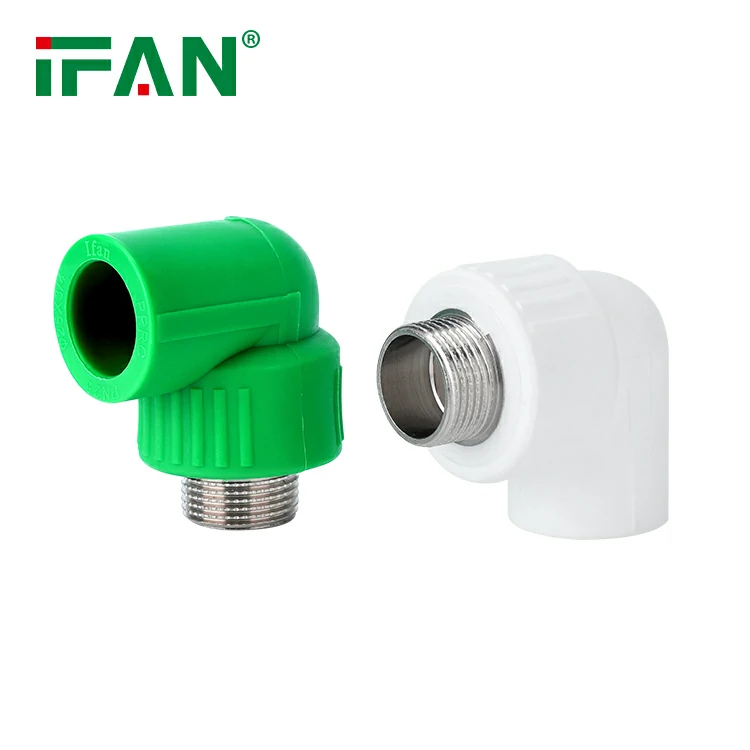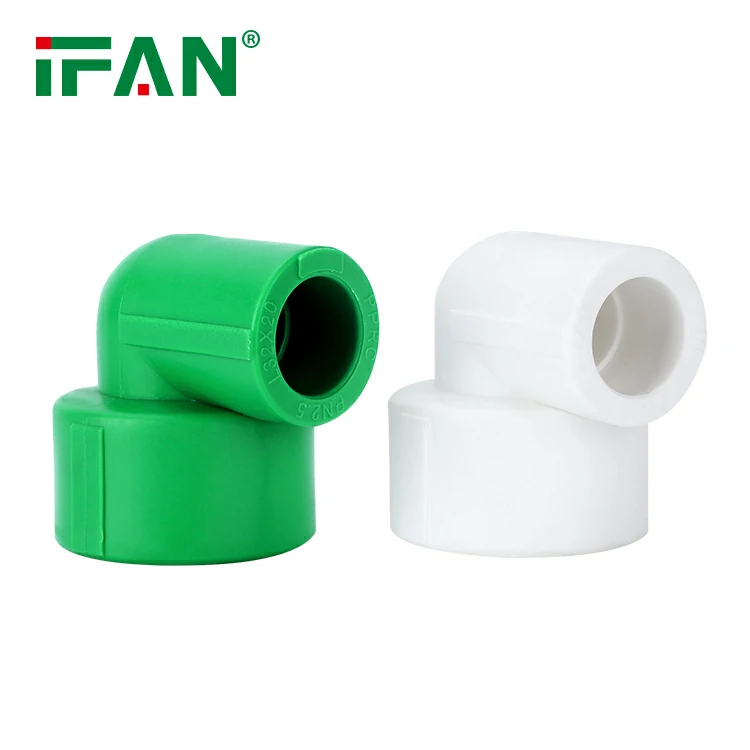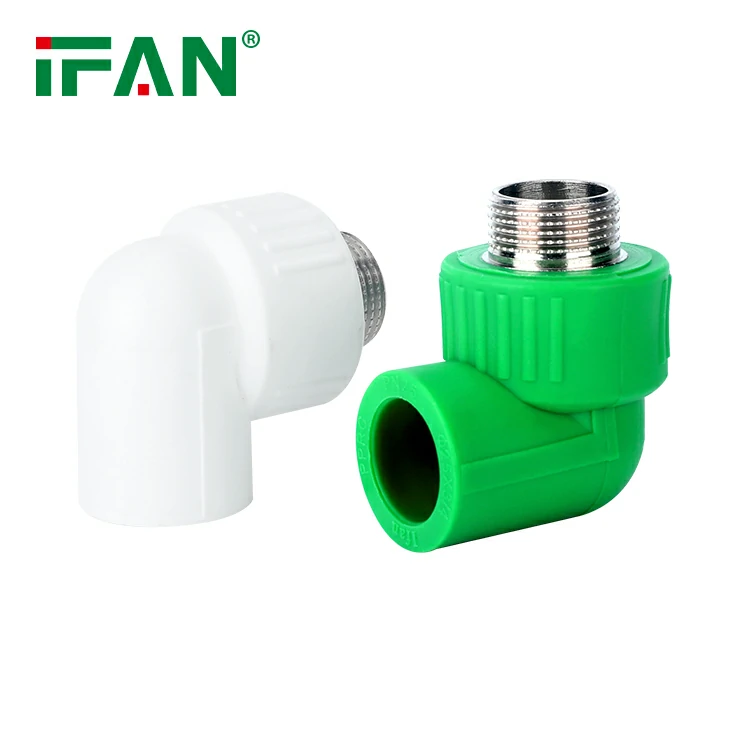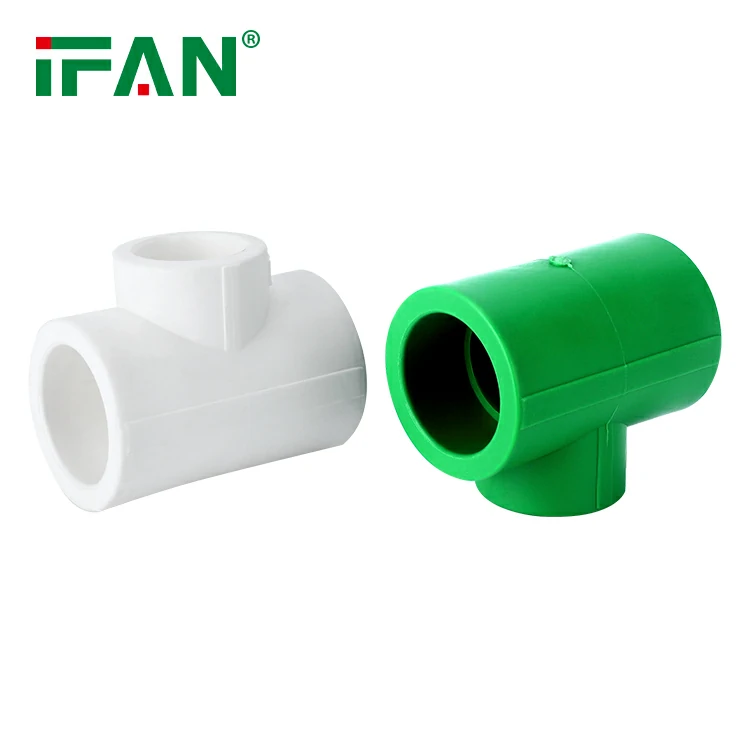Nikotika Construction and Trading PLC, a leading construction and trading company based in Ethiopia, has garnered a reputation for its commitment to quality, sustainability, and innovative solutions in the building and infrastructure sector. One of the standout elements of their work is their use of high-quality PPR (Polypropylene Random Copolymer) fittings in a variety of projects, which has proven to be an essential element in enhancing the durability and efficiency of plumbing systems in Ethiopia.
PPR fittings, known for their durability, heat resistance, and environmental sustainability, have become an increasingly important part of the construction industry. Nikotika Construction and Trading PLC has embraced these benefits, utilizing PPR fittings in a range of residential, commercial, and industrial projects. This article explores how Nikotika is integrating PPR fittings into their projects and why these materials are becoming a preferred choice in modern Ethiopian construction.
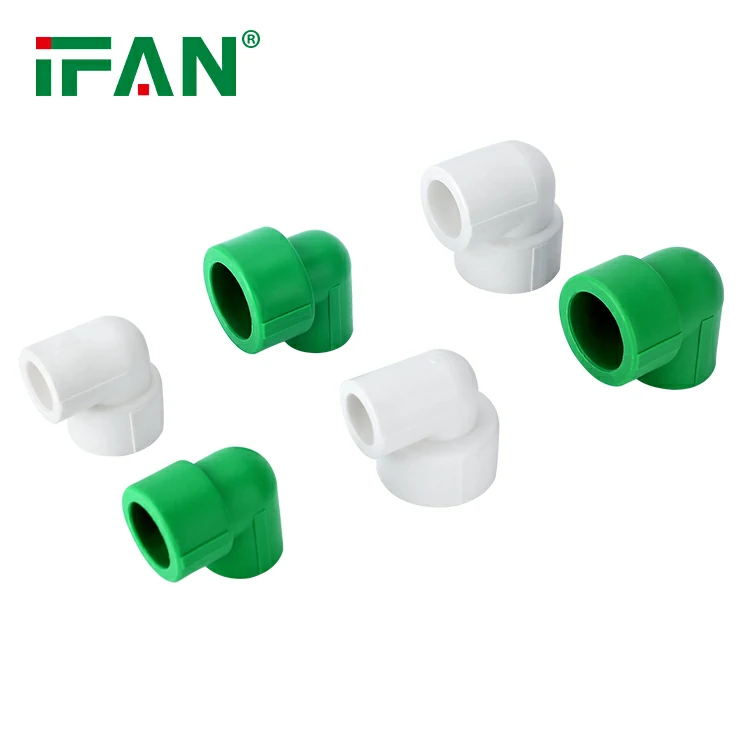
What Are PPR Fittings?
PPR fittings are made from Polypropylene Random Copolymer, a type of thermoplastic polymer known for its strength, resistance to high temperatures, and exceptional durability. PPR pipes and fittings are widely used in plumbing, heating, and cooling systems due to their ability to withstand both high pressures and temperatures without degradation over time.
These fittings are also resistant to corrosion, which is a major problem with traditional metal pipes. This makes PPR fittings ideal for plumbing systems that will be exposed to water and varying environmental conditions. Additionally, PPR is a sustainable material that has a long lifespan, making it an environmentally friendly choice for modern construction projects.
Nikotika’s Commitment to Quality Construction
Nikotika Construction and Trading PLC is committed to delivering high-quality construction services that meet international standards. The company specializes in a range of services, including building construction, road infrastructure, and civil engineering projects. By adopting modern technologies and materials, Nikotika ensures that its projects are not only durable but also cost-effective and sustainable in the long run.
Incorporating PPR fittings into their projects is just one example of how Nikotika is ahead of the curve. As Ethiopia’s construction industry grows, the demand for sustainable and reliable materials has never been higher. PPR fittings help meet this demand by offering a solution that reduces maintenance costs, increases system efficiency, and lowers the environmental footprint of construction projects.
Why PPR Fittings Are a Game-Changer for Construction in Ethiopia
The use of PPR fittings in construction projects brings several significant advantages that make them an attractive option for contractors like Nikotika Construction and Trading PLC. Here are a few key reasons why PPR fittings are a game-changer in Ethiopian construction:
1. Durability and Longevity
PPR fittings are known for their impressive durability. Unlike traditional metal pipes that are susceptible to rust, corrosion, and scaling, PPR pipes and fittings are resistant to corrosion, even in the harshest environments. This makes them ideal for both residential and commercial plumbing systems in Ethiopia, where access to clean water is a vital resource. The long lifespan of PPR fittings ensures that plumbing systems remain functional for decades, reducing the need for frequent repairs and replacements.
2. Resistance to Temperature Fluctuations
Ethiopia, with its varied climate and temperatures, presents unique challenges for construction projects. PPR fittings excel in these environments, as they can withstand a wide range of temperatures without becoming brittle or weakening. Whether it’s the extreme heat of the desert regions or cooler temperatures in the highlands, PPR pipes maintain their integrity and provide reliable performance over time.
3. Environmentally Friendly
One of the key selling points of PPR fittings is their eco-friendly nature. PPR is fully recyclable, which aligns with the global push towards sustainability in construction. As the construction industry increasingly seeks out greener alternatives, the use of PPR fittings helps to reduce the overall environmental impact of building projects. Nikotika Construction and Trading PLC, in particular, has integrated sustainability into their operations by opting for PPR fittings, thus contributing to a cleaner and more sustainable environment.
4. Cost-Effective Solution
While the initial investment in PPR fittings may be slightly higher than traditional metal options, the long-term savings are significant. PPR fittings require minimal maintenance, reducing both repair costs and water waste due to leaks. Additionally, their easy installation process further lowers labor costs. As a result, PPR fittings provide a cost-effective solution for construction projects, especially for large-scale residential, commercial, and industrial developments.
5. Health and Safety Benefits
PPR fittings are non-toxic and do not release harmful chemicals into the water supply, unlike some metal pipes that can leach heavy metals into drinking water. This makes PPR an excellent choice for plumbing systems in homes, schools, and hospitals, where safe and clean water is essential for the well-being of residents and occupants.
Nikotika’s Projects Using PPR Fittings
Nikotika Construction and Trading PLC has successfully integrated PPR fittings into several of their projects. One of their notable uses of PPR fittings was in the installation of plumbing systems for residential buildings, commercial spaces, and even hotels, ensuring that each project meets the highest standards of efficiency and sustainability.
Their attention to detail and commitment to quality have made them a trusted partner for construction projects in Ethiopia. By using PPR fittings, Nikotika ensures that their plumbing systems are built to last, and their clients benefit from reliable, low-maintenance infrastructure. This approach has earned them a strong reputation in the Ethiopian construction industry.
Conclusion
Nikotika Construction and Trading PLC continues to be a leader in Ethiopia’s construction sector, offering innovative solutions that prioritize sustainability, efficiency, and quality. The incorporation of PPR fittings into their projects is just one example of how the company is embracing modern technologies and materials to deliver superior results. As the demand for durable, cost-effective, and environmentally friendly building solutions grows, the use of PPR fittings is likely to become even more widespread.
By using PPR fittings in their plumbing systems, Nikotika is setting a standard for the construction industry in Ethiopia—one that values both the environment and the long-term success of every project.
FAQs About PPR Fittings and Their Role in Construction
1. What are PPR fittings made of?
PPR fittings are made of Polypropylene Random Copolymer, a durable thermoplastic known for its high resistance to heat, corrosion, and wear.
2. Why are PPR fittings considered environmentally friendly?
PPR fittings are fully recyclable and have a long lifespan, which reduces the need for frequent replacements and minimizes waste.
3. How do PPR fittings compare to traditional metal pipes?
PPR fittings are more resistant to corrosion, require less maintenance, and are more durable than traditional metal pipes, making them a more cost-effective and sustainable choice.
4. Can PPR fittings be used for both hot and cold water systems?
Yes, PPR fittings are designed to withstand a wide range of temperatures, making them suitable for both hot and cold water systems.
5. What are the main benefits of using PPR fittings in construction projects?
PPR fittings offer durability, resistance to temperature fluctuations, cost-effectiveness, and environmental sustainability, making them a preferred choice for plumbing systems in modern construction projects.

